Lebanon
Honking horns and cries of celebration echoed across the Beirut suburb of Dahiyeh, after a ceasefire between Hezbollah and Israel came into effect on Wednesday (Nov. 27). Many locals - returning to one of the areas hardest by Israel - brandished Hezbollah and Amal party flags.
The initial two-month agreement requires Hezbollah to end its armed presence in southern Lebanon and for Israeli troops to return to their side of the border.
For some locals, the ceasefire marks a victory against Israel.
"We don’t care about the rubble or destruction. We lost our livelihood, our properties, but it’s okay, it will all come back," Fatima, displaced from Beirut southern suburbs said.
"Just like in 2006, when it was reconstructed — Dahiyeh, the south, and Bekaa. It will be even mo re beautiful. And I say to Netanyahu that you have lost and lost and lost because we are back and the others (Israelis) didn't come back. They are still hiding in the shelters like rats. Look at us Netanyahu."
The truce could give some reprieve to 1.2 million Lebanese individuals displaced by the fighting. Across the border, tens of thousands of Israelis had fled their homes due to Hezbollah rockets fired into the country.
Israel has said it will attack if Hezbollah breaks the ceasefire agreement, while the deal does not address the war in Gaza.




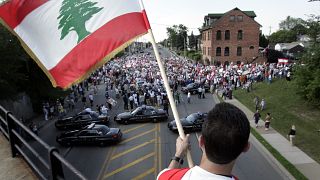
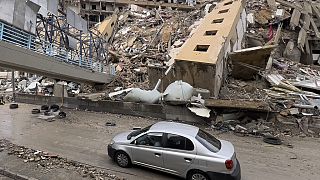
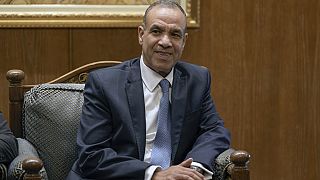
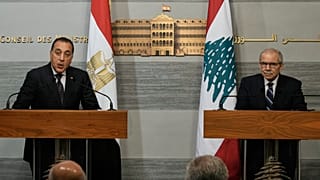
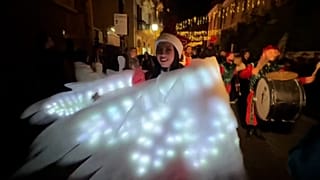
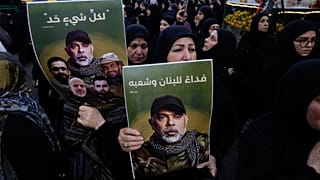
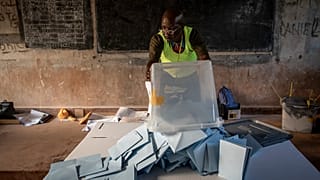


01:46
Sudan's army chief rejects US-led ceasefire proposal as 'the worst yet'
01:00
Pix of the Day: November 24, 2025
01:13
Egypt's Foreign Minister engages with Sudan's military leader in Port Sudan
01:40
Gaza residents face continuing hardship amid fragile ceasefire
02:18
UN calls for immediate ceasefire in Sudan's al-Fashir after mass killings
00:56
Netanyahu orders "powerful strikes" on Gaza threatening fragile ceasefire